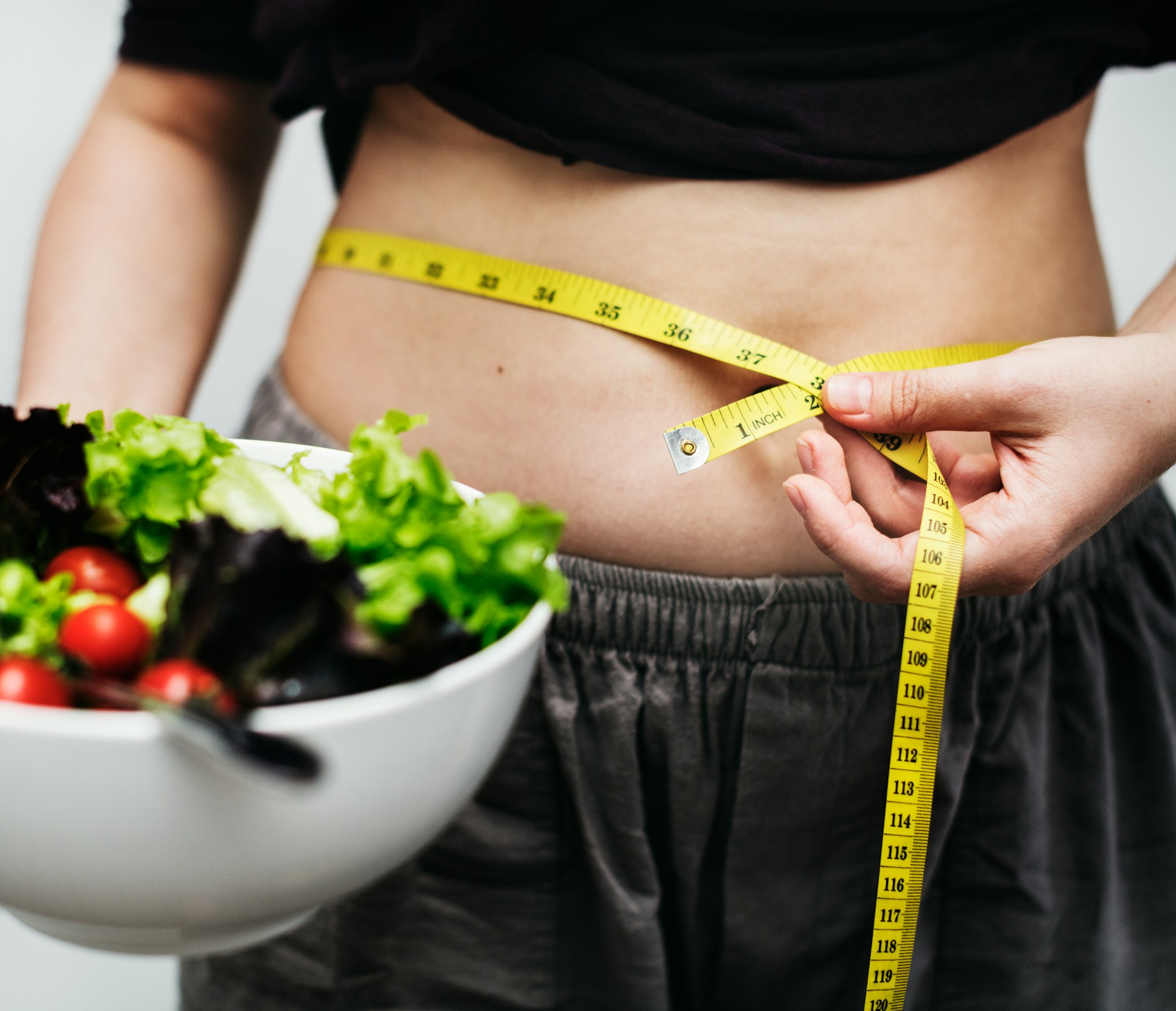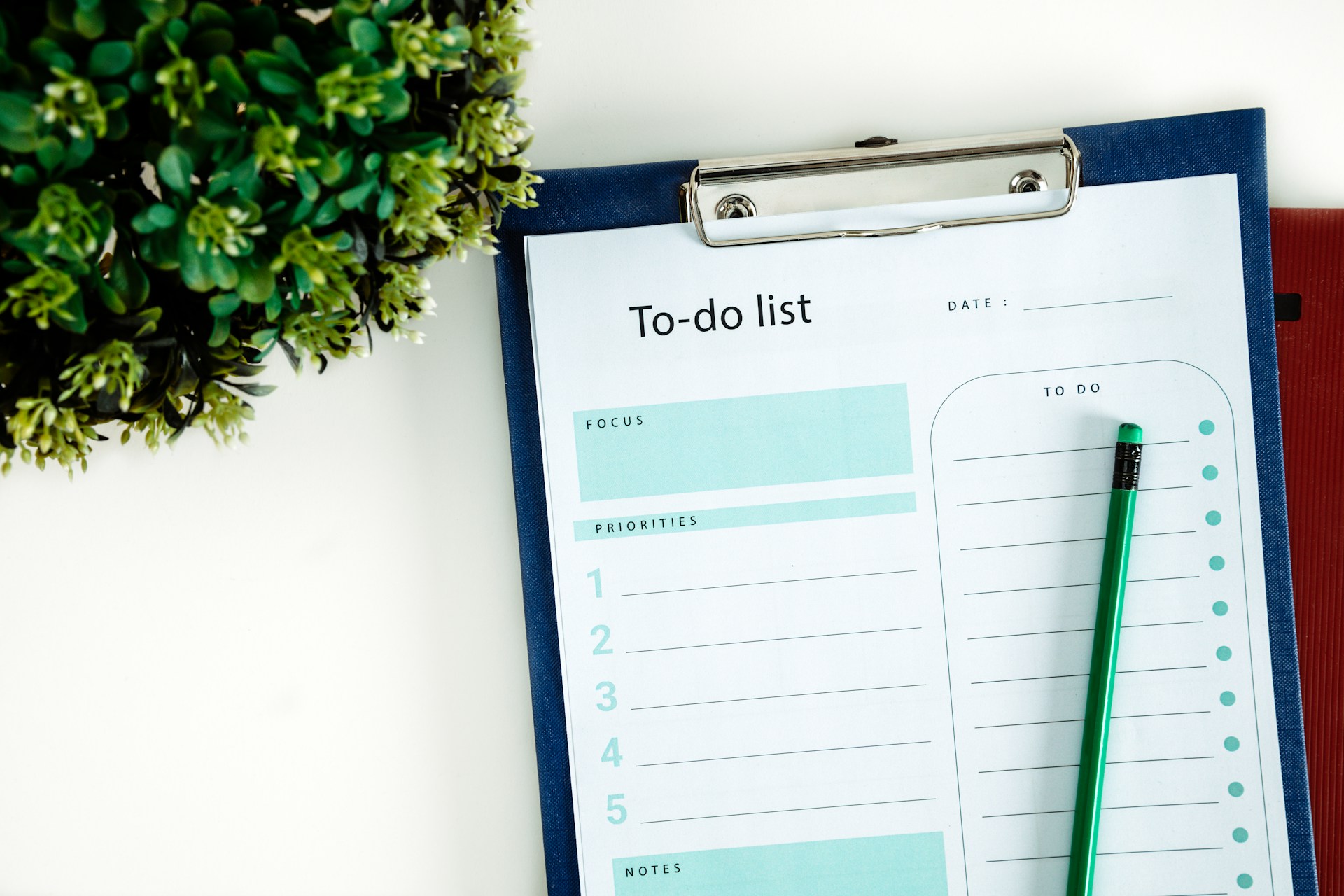Does Your Stomach Shrink When You Lose Weight?
Many people notice that after eating smaller portions for a while and losing weight, they start feeling full more quickly, even when having meals that used to feel “normal.” But does your stomach shrink when you lose weight? That’s one of the most common beliefs about dieting, and the truth is more complex than most people think.
How your stomach really works
To understand whether your stomach shrinks when you lose weight, it helps to know how it works. The stomach is a muscular, stretchy organ that changes shape depending on how much food you eat. When empty, it’s about the size of a clenched fist (around 50 milliliters).
After a large meal, it can expand up to four liters, which is almost a full soda bottle.
This flexibility helps your body handle different amounts of food. Once digestion begins, the stomach empties into the small intestine and gradually returns to its resting size.
So, your stomach doesn’t permanently shrink just because you start eating less. But that doesn’t mean nothing changes.
What changes when you lose weight
1. Your stomach becomes less stretched
If you’re used to large meals, your stomach walls stay stretched more often. Over time, they become less sensitive, meaning it takes more food to feel full.
When you start eating smaller meals, your stomach can become less stretched. It adapts to holding less food, which means you may feel full sooner. This is a functional change, not a permanent size reduction. That doesn’t mean your stomach shrinks when you lose weight permanently, it just becomes more responsive.
What this means is that if you normally eat a big fast-food meal, like a burger, fries, and soda, your stomach stretches to handle it. After a few weeks of smaller meals (like chicken, rice, and vegetables), it won’t expand as often or as much. You’ll naturally feel full earlier.
2. Your hunger hormones shift
Your feeling of hunger isn’t only about your stomach’s size. It’s also controlled by hormones, mainly:
- Ghrelin is the hormone that signals to your brain that you’re hungry.
- Leptin, on the other hand, tells your brain you’re full.
When you lose weight, ghrelin levels can rise temporarily, making you feel hungrier. But as your body adjusts to your new eating habits, its levels drop and hunger stabilizes.
Someone who starts eating smaller meals might feel hungrier for the first week or two. Then, their body adjusts (ghrelin drops), and it gets easier to stay satisfied with less food.
Food also has some effect. Eating protein and fiber-rich foods (like eggs, lentils, or oats) also helps keep these hormones balanced.
3. Your brain and stomach communication improves
You might not be aware of it, but your brain and stomach are in constant communication, and your brain plays a big role in how full you feel. If you often overeat, your brain learns to expect that amount of food, and it takes you longer to feel satisfied.
When you consistently reduce portion sizes, your brain relearns what “full” means, and it starts to send fullness signals sooner.
Over a few weeks, it starts sending fullness signals sooner, which is why you may feel like your stomach has shrunk after losing weight, even though it hasn’t physically changed.
Can you make your stomach smaller naturally?
You can’t make your stomach permanently smaller without surgery. But you can make it less stretched and more responsive. Here are five realistic ways to do that:
- Eat slowly: It takes about 20 minutes for your brain to recognize fullness. Eating too fast often leads to overeating.
- Drink water before meals: A glass of water can slightly expand your stomach, helping you feel full sooner.
- Prioritize foods rich in protein and fiber. Foods like chicken, beans, eggs, and vegetables stay in your stomach longer, keeping hunger away.
- Avoid liquid calories: Drinks like soda or juice pass quickly through your stomach and don’t help you feel full.
- Eat regularly: Long gaps between meals can lead to overeating later.
To give an example. If you’re used to eating one huge dinner after skipping lunch, your stomach and hunger signals are out of sync. That is why nutritionists recommend smaller meals and some snacks if needed. That helps stabilize hunger and fullness throughout the day.
When the stomach truly shrinks: medical options
In some cases, people undergo weight-loss surgery that physically reduces stomach size. There are two most common procedures for that:
- Gastric sleeve surgery: The Doctor removes part of the stomach, leaving a smaller pouch.
- Gastric bypass: The Doctor creates a smaller stomach pouch and reroutes the intestines.
Both of these surgeries physically limit how much food the stomach can hold, leading to faster fullness. They also affect hunger hormones, helping control appetite.
After gastric sleeve surgery, for example, patients may only be able to eat half a cup of food at once. That’s a real, physical reduction in stomach size — unlike the natural adaptation that happens with diet changes.
What happens if you start eating more again?
If you go back to eating large portions, your stomach can stretch again. It’s flexible, and it responds to the volume of food you eat regularly.
If you start eating oversized portions after months of small meals, you might feel discomfort at first, but within weeks, your stomach adapts and can handle more food again.
That’s why maintaining smaller portions and consistent eating habits matters long-term.
How long does it take for your stomach to adjust?
For most people, noticeable changes happen pretty fast, within 2 to 4 weeks of consistent eating habits. You’ll start feeling full with less food as your stomach and hunger signals recalibrate. Let’s break it down:
- Week 1: You may feel hungrier than usual as your body adjusts. Be patient.
- Week 2–3: You start feeling satisfied sooner during meals. Here you start seeing the change, you feel motivated.
- Week 4 and beyond: Smaller portions feel normal, and overeating feels uncomfortable.
So, does your stomach shrink when you lose weight?
No, your stomach doesn’t permanently shrink when you lose weight. But it does adapt. It becomes less stretched, your hunger hormones rebalance, and your brain learns new eating patterns. You’ll feel full faster, eat less, and maintain weight loss more easily, but not because your stomach shrank, but because your body adjusted.
In the end, the real change isn’t in the size of your stomach. It’s in your habits, your hormones, and your awareness of fullness.
FAQ
Can my stomach stretch again if I overeat?
Yes. The stomach is elastic, so it can expand again if you start eating large meals regularly.
How long does it take to reset portion sizes?
Usually, 2–4 weeks of smaller, balanced meals is enough for your stomach and brain to adapt.
Do smaller meals slow down metabolism?
No. Your metabolism depends more on muscle mass, activity, and total calorie intake, not the meal size.
Is it bad to feel hungry while losing weight?
Mild hunger is normal at first, but constant hunger means your meals lack balance. Add more protein, fiber, or healthy fats.
{{cta_ba}}








